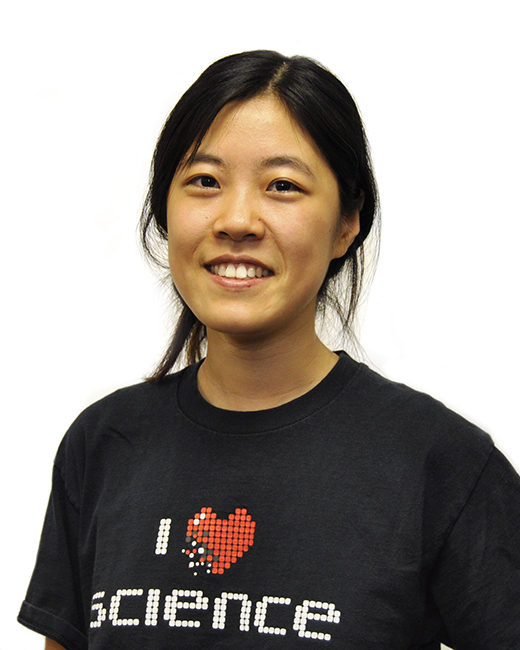Mengsen Zhang, Ph.D.
complex systems and brain sciences
Project maintained by mengsenz Hosted on GitHub Pages — Theme by mattgraham
| Lab Website | Publications | CV | Google Scholar | ResearchGate | Personal X | Lab X | Contact |
Who am I
 Without getting into the biggest philosophical question, I am Mengsen Zhang, a Complex Systems scientist and neuroscientist. My long-term interest is to understand how simple (but no simpler) interaction between numerous components gives rise to complex systems with multiple characteristic scales, e.g., biological and social systems (…more: Why Complexity).
Without getting into the biggest philosophical question, I am Mengsen Zhang, a Complex Systems scientist and neuroscientist. My long-term interest is to understand how simple (but no simpler) interaction between numerous components gives rise to complex systems with multiple characteristic scales, e.g., biological and social systems (…more: Why Complexity).
I have recently joined (Fall, 2023) Michigan State University as an Assistant Professor in the Department of Computational Mathematics, Science and Engieering (CMSE), where the Multiscale Complex Systems Lab (New Lab Website) is born! Please follow the new website for the research updates from our team. This page will remain as a history record of my work before the independent stage. Now with a whole team, we continue to focus on developing computational frameworks for analyzing and modeling multiscale systems and connecting computational modeling to human and animal naturalistic recordings and experiments using brain stimulation.
I earned a Ph.D. in Complex Systems and Brain Sciences at Florida Atlantic University under Drs. Emmanuelle Tognoli and J. A. Scott Kelso. My dissertation provides me the experimental (human social coordination), theoretical (nonlinear dynamics), and data-analytical (computational topology) foundation for probing multiscale dynamics. After graduation, I moved to Stanford University (Brain Dynamics Lab, led by Dr. Manish Saggar) to further develop my expertise in nonlinear dynamic modeling and computational geometry/topology, applied to human neuroimaging data. After Stanford, I joined the Frohlich Lab, led by Dr. Flavio Frohlich, where develop computational tools to connect the scales of observation accessible in animal (ferrets!) and human research.
Current research
My current interest is to develop experimental and computational methods for characterizing and modeling multiscale dynamics in complex systems including the brain and social groups. My approach integrates experiment/data, nonlinear dynamics, and computational topology/geometry. I leverage data analysis tools from applied topology/geometry to capture the richness of multiscale brain dynamics, validated by real and simulated data. A data-analysis tool tuned to multiscale dynamics will in turn lead to new approaches to validating theoretical models and empirical discovery. I am working to connect the computational tools to empirically relevant predictions in animal and human research and to advance the design of brain stimulation protocols and clinical treatments.
Doctoral research
My doctoral work focused on the interaction between people, which falls into two themes: Multiagent Social Dynamics and Human-Virtual Partner Interaction.
For Multiagent Social Dynamics, I developed a new experimental paradigm to study coordination between eight people in a controlled environment (individual movement rate and network connectivity between individuals are independently and systematically manipulable); following the paradigm, an experiment (the ‘Human Firefly’ experiment) was conducted and a model was subsequently developed based the data collected; I developed a new method, based on computational algebraic topology, to better quantify complex coordination patterns and phase transitions observed in human and model coordination behavior. My current interest is a natural development from and builds on this series of research.
For Human-Virtual Partner Interaction, I conducted three experiments where a human subject was interacting with a Virtual Partner whose behavior is driven by a mathematical model of social coordination, while subjects’ emotional responses (via skin potential responses), EEG, fMRI were being recorded (in separate experiments).
I also worked on other passion projects which I benefited greatly from, regarding micro-controllers, GPU computation, computational topology, and pattern formation etc.